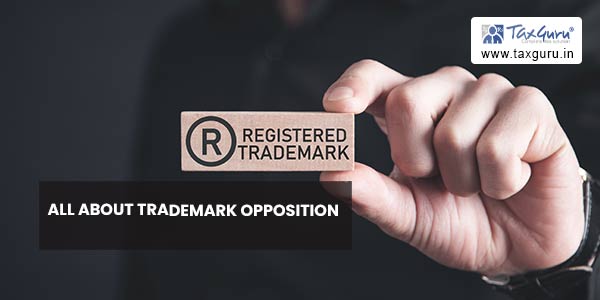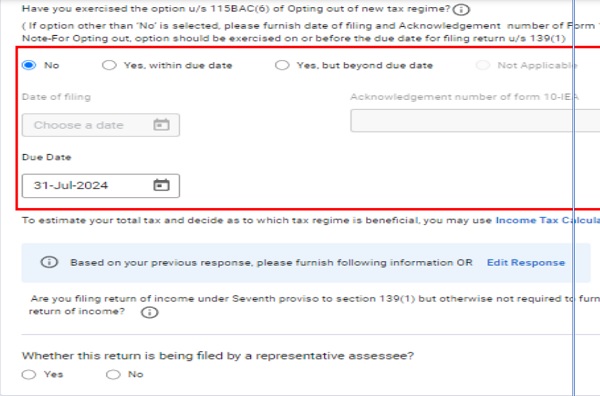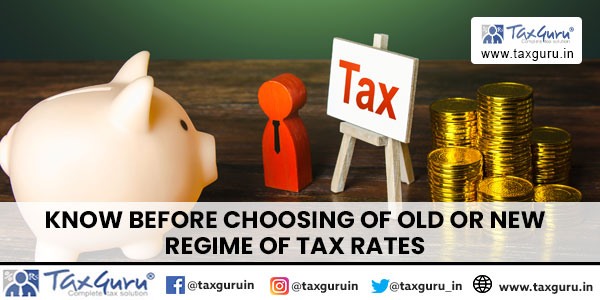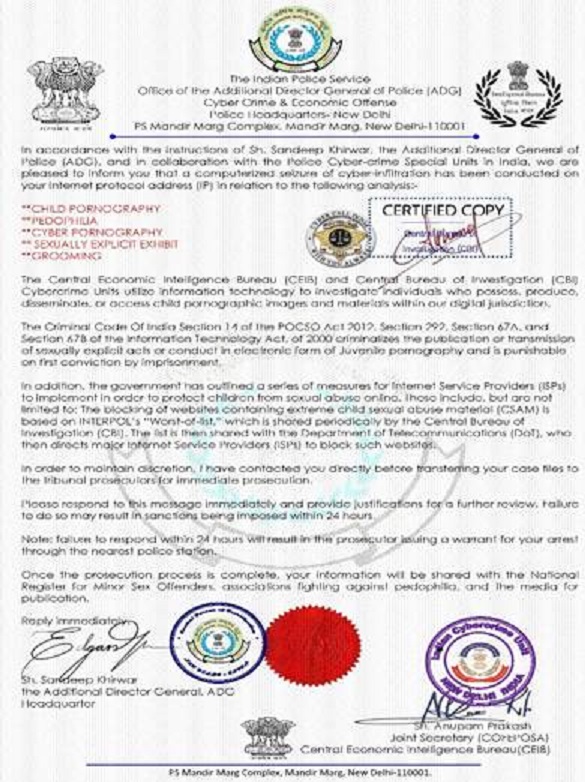WHAT IS TRADEMARK OPPOSITION?
OVERVIEW-
A trademark may be registered in India under the Trademarks Act, 1999. To register a trademark, the owner must submit an application to the Registrar of Trademarks (the “Registrar”). The Registrar will publish a trademark advertisement in the trademark journal following receipt of the registration application. Anyone may submit an opposition to the trademark registration that has been published in the Trademark Journal. The trademark registration application is filed with the Registry of Trademarks, where the opposition is to be filed. The trademark registry will hold a hearing to reach a decision if it receives any opposition to the trademark. The trademark opposition process is outlined in the Trademark Act of 1999 and the Trade Marks Rules of 2017.
After the registrar has accepted the trademark application on the basis of distinctiveness and published the third-party opposition’s trademark in the journal, trademark opposition in India occurs at a later stage.
Getting Trademark Opposition Started-
According to Section 21 of the Trademarks Act of 1999, anyone may submit a notice of opposition to the Registrar. This covers organisations, people, trusts, and partnership businesses. So, any third party that feels aggrieved can object to the registration of a trademark.
Criteria
In accordance with Section 21 of the Trademark Act, “any person” may object to a trademark, regardless of whether they have a personal or business stake in the issue. A trademark can be contested by a client, member of the public, rival business, or any other individual. Additionally, the party opposing the registration must have previously had a registered trademark. Both parties must decide whether the trademark should be abandoned or registered after a trademark opposition is filed. Anyone who thinks that the public may become confused by the published mark may submit an opposition, and the trademark registrant is responsible for protecting the mark.
GROUNDS-
There are no explicit grounds for resistance specified in Indian trademark law. The following list includes a number of grounds for resistance to a trademark opposition:
- The trademark is identical or similar to an already registered or used trademark.
- A trademark lacks distinctiveness and is merely descriptive.
- The application for trademark registration was made dishonestly.
- The trademark is widely used in the present-day terminology or in the accepted business procedures.
- The trademark has a high likelihood of confusing or misleading the public.
- The trademark violates the law or is forbidden by the law.
- In accordance with the Emblem and Names Act of 1950, the trademark is forbidden.
- The trademark contains content that could offend any group or segment of people who practise a religion.
How to File an Opposition Notice to a Trademark Opposition
Any person may submit a notice of opposition to a trademark that appears in the trademark journal within four months of the first date of appearance. It must be submitted on Trademark in the prescribed form using the required format and fees.
Counter-Statement
Following the filing of the trademark opposition notice with the registrar, the trademark registrar would serve a copy of the notice to the trademark applicant. After receiving the opposition notifications, the trademark applicant has two months to submit a counter statement.
If the trademark applicant doesn’t submit the counter statement within the allotted period, the trademark application would be deemed “abandoned.” Understanding the status of trademark registration is crucial, though.
Hearing
The registrar will notify both parties of the hearing date, which must be at least one month from the date of the first notice, when the evidence filing stage is complete. The objection notice, the filing of the counterstatement, and the offered evidence form the basis for the hearing. If any of the parties do not show up for the hearing, the registrar will rule against them. The registrar hears the matter.
Appeals
Following a review of the information presented and a hearing in which all parties participated, the registrar determines whether or not the opposition was successful and whether or not the trademark should be registered. A party may, though, challenge the registrar’s choice to the Intellectual Property Appellate Board if they are not happy with it.

Time Limit for Opposition to a Trademark
For three months following the trademark advertisement in the Trade Marks Journal, anyone may dispute the trademark registration (which may be extended by a period not exceeding one month). The Trademark Registrar’s office is the sole location where trademark opposition filings can be made; they cannot be sent directly to a court or the Appellate Board (IPAB).
The trademark registration will be denied if a trademark objection is successful. If the trademark opposition application is denied, the brand will be registered.
Opposition to a trademark filing
- Information about the trademark application that is the subject of the opposition, the name of the trademark applicant, the application number against which the opposition is filed, and a description of the goods or services included in the trademark application that the opposition is filed against. Information on the previous trademark or earlier right forms the basis of the opposition.
- The application number or registration number of the prior mark should be used if the objection is based on an already filed or registered trademark. An indication of which countries the earlier mark is considered to be well known should be provided if the objection is based on a mark that is purported to be a well-known trademark.
- Information about the opposition- If the owner of an earlier mark or earlier right files an opposition, he must provide his name, address, and a statement stating that he is the owner of the earlier mark or earlier right. Name, address, and the date the application for registration of the new proprietor was received by the competent office are required if the opposition is filed by the successor in title to the registered proprietor of a trademark who has not yet been registered as new proprietor. The name of the opposing party and his address for service in India, if the opposing party does not have a place of business there.
DIFFERENCE BETWEEN TRADEMARK OBJECTION AND TRADEMARK OPPOSITION
| S.NO. | TRADEMARK OBJECTION | TRADEMARK OPPOSITION |
| 1 | Issued by trademark authorities | Filed by 3rd party |
| 2 | For a reply to trademark objection, no government fees are there unless specifically levied. | For filing replies separate government fees needs to be paid |
| 3 | Reply needs to be submitted within 1 month from the date of objection | Reply needs to be given within 3 months (May be extended with maximum 1 month) |
| 4 | In absence of reply, a trademark can be abandoned. | In absence of reply, trademark can be abandoned |
| 5 | If removed or abandoned -it can be appealed. | If removed or abandoned -it can be appealed. |
CONCLUSION-
The trademark will be registered and the trademark registration certificate will be issued if the Registrar rules in the applicant’s favour. The trademark registration application will be refused if the Registrar rules in the opposing party’s favour.
*****
For any type of assistance feel free to contact or reach us at: – MG Associates (Company Secretaries)- CS Manisha Mittal – 70152-77705
Disclaimer: The information presented here is only meant to be informative. Although this article was carefully crafted, it should only be regarded as general advice because it has been expressed in general terms. You should not act on the information provided in this article or refrain from acting upon it without first seeking professional advice since it cannot be relied upon to address your unique situation
























